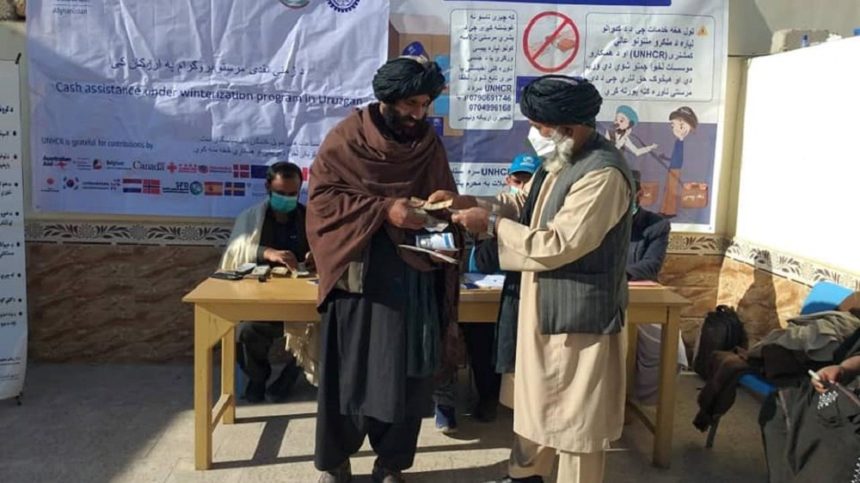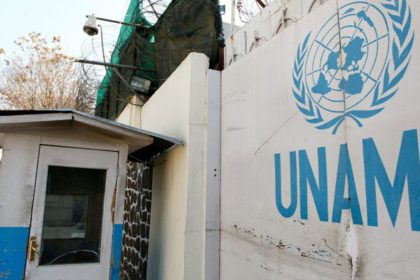RASC: Citizens of Ghazni province say that humanitarian aid distribution institutions in this province, which are under the supervision of the Taliban group, commit obvious discrimination in identifying needy families and distributing aid.
According to them, the United Nations partner institutions in this province, which operate under the supervision of the Taliban group, consider ethnicity and language in selecting the cities that should be covered by the aid program.
They claim that some areas of this province are on the Taliban’s blacklist and they do not allow aid agencies to include these areas in their program.
These protests are carried out by the citizens of Ghazni, while the reports published before this showed that more aid is given in the areas where the Taliban group has more influence, and other areas are kept deprived of receiving aid.
Meanwhile, new research in this regard shows that since the two years of Taliban rule over the country, a small number of residents of the populous cities of Jeghto, Naoor, Malestan and Jaghori in this province, whose residents are non-Pashtuns, have received humanitarian aid between one and three times.
The families who have benefited from these aids in these provinces claim that the food provided to them was of such low quality that it could not be used.
But the residents of some other cities of this province, where the Taliban group has the most influence, have received food and non-food aid more than 10 times in the last two years.
Before this, Richard Bennett, the special rapporteur of the United Nations on Afghanistan, said that the money sent to Afghanistan by the Taliban has made the Taliban fat and the needy poor.






